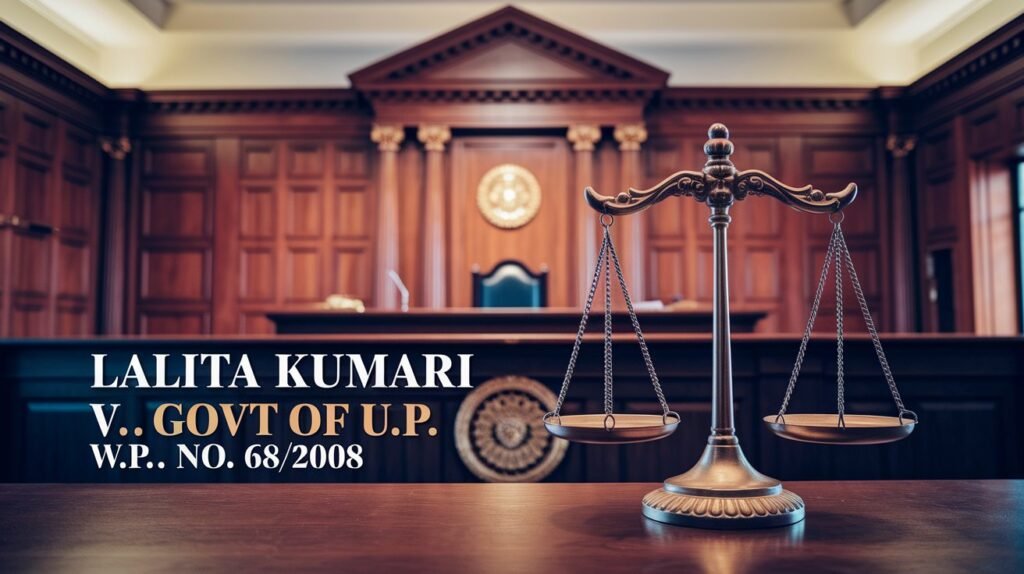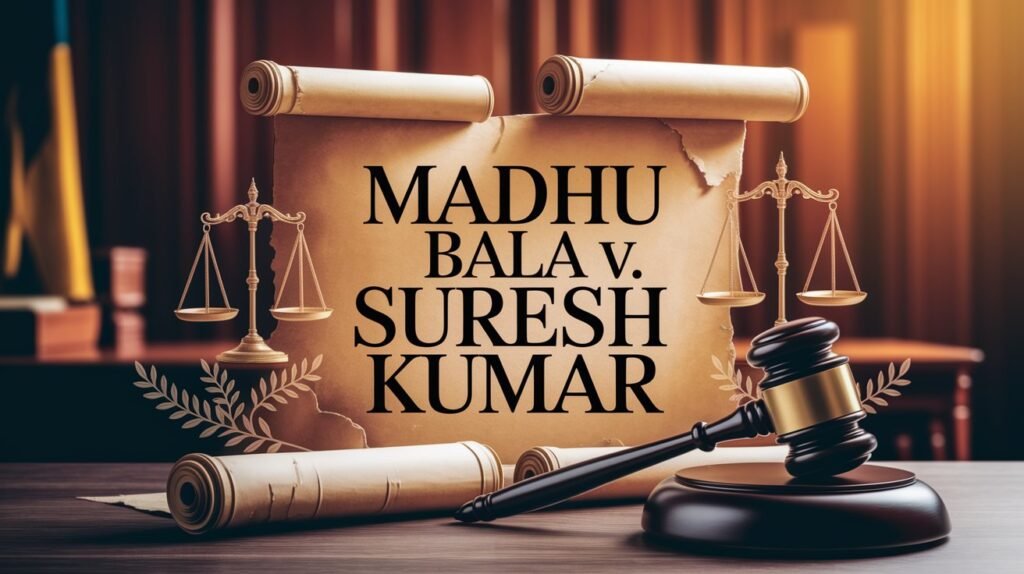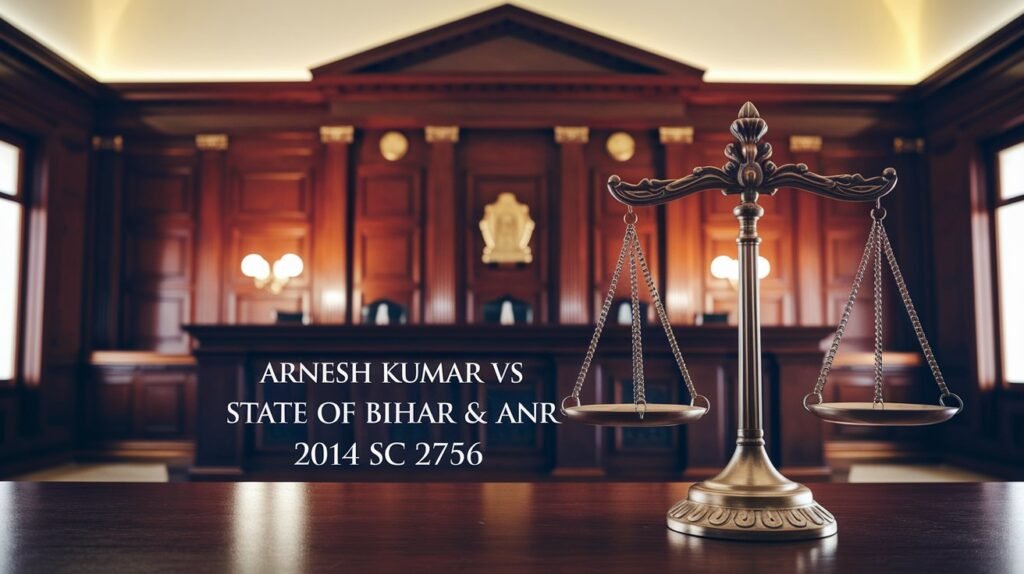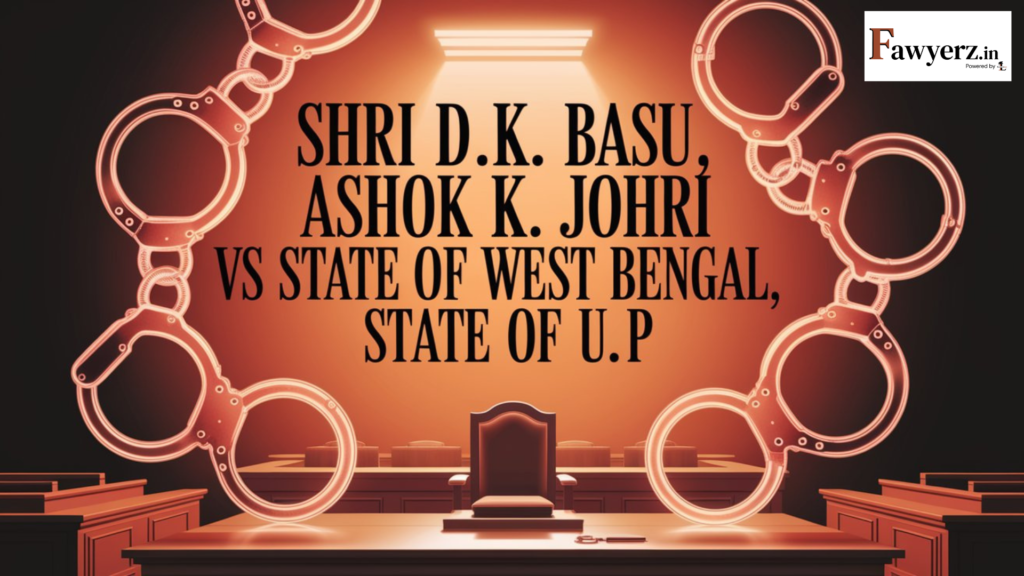Sakiri Vasu v. State of Uttar Pradesh 2008 (Case Summary)

This case clarified what a person should do if the police refuse to register their FIR. The Supreme Court explained that the remedy is not to directly go to the High Court under Section 482 CrPC, but to first approach the Magistrate under Section 156(3). The case promotes the idea that there is a clear step-by-step procedure, and people should follow it before invoking extraordinary powers.
Table of Contents
ToggleFacts of Sakiri Vasu v. State of Uttar Pradesh
- Sakiri Vasu filed a complaint alleging harassment and threats from certain individuals, but the local police refused to register an FIR.
- Instead of approaching a Magistrate, he directly filed a petition before the High Court under Section 482 CrPC, seeking directions to compel the police to register the FIR.
- The High Court dismissed the petition, stating that it was not the proper forum for such relief.
Issues framed
- Whether a person can directly approach the High Court under Section 482 CrPC if the police refuse to register an FIR?
- Whether the Magistrate has the authority to direct the police to register an FIR under Section 156(3)?
- Whether bypassing the Magistrate and going straight to the High Court is legally appropriate?
Subordinate Court Judgment
The High Court dismissed the petition under Section 482 CrPC on the ground that it could not compel the police to register an FIR. The matter was then brought before the Supreme Court.
Judgment of Sakiri Vasu v. State of Uttar Pradesh
The Supreme Court examined the scheme of Sections 154, 156(3), and 190 CrPC (now Sections 173, 175, and 210 BNSS). It held that if the police fail to register an FIR, the complainant should first approach the Magistrate under Section 156(3), who has the authority to direct the police to register the case and investigate. The Court emphasized that this is a statutory remedy and must be used before invoking the High Court’s inherent powers.
The Court explained that Section 482 should not be the first option because it is meant for rare situations where no other remedy is available. Using it too early disturbs the regular flow of criminal procedure and burdens the High Courts unnecessarily. The Court also reaffirmed the Magistrate’s supervisory role in ensuring proper registration and investigation of offences.
In the final decision, the Court dismissed the appeal but clarified that the petitioner was free to approach the Magistrate. It stated that the criminal process has built-in remedies, and people must follow them. This case is now the standard reference on how to proceed when the police do not act on a complaint.





